Calendar of events
Here you will find all of our congregation’s Sunday Services, Board and Committee meetings and other events. Use the calendar controls to see events for past or future dates. For a quick look at recent Sunday Services, click here!
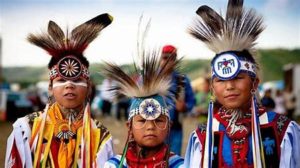
June 21 is National Indigenous Peoples Day, a time to recognize and celebrate the cultures and contributions of the First Nations, Inuit and Métis peoples of Canada. In this vein, and in the interests of promoting the third principle of Unitarianism, to help each other learn, Karen Christie will offer a look at her personal journey of awareness with regard to indigenous matters. In particular, she will share the learning that was sparked by the Indigenous Film Discussion Series developed by the Canadian Unitarian Council. This process of learning lessons together equips us to be better allies on the path towards truth, healing, reconciliation and relationship.
Karen Christie is a Board member of the Capital Unitarian Universalist Congregation. She also chairs the Membership Committee there, and organizes pub nights for thirsty souls! Her deep knowledge of challenges and rewards of developing cross-cultural relationships are rooted in her work in international development with NGO’s in Ottawa, a multi-national security organization in former Yugoslavia, and eventually Global Affairs Canada in Africa, Afghanistan and Haiti. She has lived and worked on six continents, and is especially committed to the first principle of Unitarianism, the inherent worth and dignity of every person.
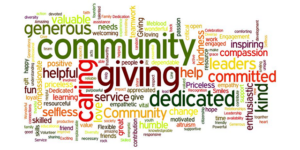
The benefit of volunteering is a win-win situation. It’s not about giving up time, but growing as a person and giving back to your community. The opportunities go beyond the positive experience you will have being a volunteer.
Marlene Davie is responsible for building relationships with UVic alumni through events and volunteer opportunities. She oversees the strategy and event implementation for broad-based alumni engagement events. These events include Alumni Week, regional alumni programming, the UVic Alumni Association Annual General Meeting and other events that emerge relating to this portfolio. She is the staff liaison on the UVic Alumni Association’s Networks and Events Committee and contact for the Victoria College Alumni Chapter. She has a lead role in developing internal business practices, responding to innovation and industry trends and adopting best-in-class practices as it relates to events and alumni programming.

Larry Lived for many years in Cape Town and was a great supporter of the Unitarian Church. Join us this morning as we hear about what it like to be a South African Unitarian.
In 1992 Larry joined the Unitarian Fellowship in Kingston, Ontario while teaching at the Royal Military College. He spent a year of research leave at the University of Cape Town from 1995 to 1996. Larry later took early retirement from the Kingston Military College in 2005 and moved to Cape Town, where he became a member of the Unitarian Church of Cape Town.

In the Unitarian Universalist Church we find inspiration from many different sources. The inspiration for today’s sermon comes from a joke. You may have heard it: Q: What’s the difference between cats and dogs? A: Dogs look at people and say, “They feed us. They give us shelter. They take care of our every need. They must be gods.” Cats look at people and say, “They feed us. They give us shelter. They take care of our every need. We must be gods.” Today Peter Scales will read a sermon by the Rev. Chris Buice.
Peter Scales, one of the many volunteers who helps keep Capital UU going, enjoys probing the edges of Unitarian and Universalist beliefs.
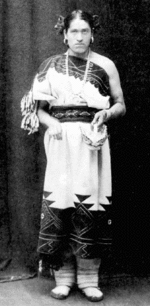
For me, anthropological inquiry is about participant observation and the stories people tell about themselves and the world in which they live. As the quintessential outsider, the heart of this approach is an obligation to stay open and curious about new ways of thinking and being, to carefully observe the behaviours of others, to listen to the stories they tell about themselves, to participate in their experience of the world, and to create understanding through that knowledge and experience. This approach has taken me to a remote rural village and a leprosy mission in northwest Bangladesh, as well as a shelter for abandoned women and children in Dhaka, the capital city. Most recently, it has lead me to chronicling the lives of pioneers in the transgender community here at home.
Margot Wilson is an anthropologist who, after 28 years on the faculty at the University of Victoria, retired and opened a small, independent publishing company (TransGender Publishing www.transgenderpublishing.ca), the only Canadian publishing company that specializes in publishing transgender life histories. Recently, Margot has taken over responsibility for Stephanie Castle Publications (www.stephaniecastle.ca), which publishes transgender fiction, and Perceptions Press (www.perceptionspress.ca), which focuses on innovative and avant-garde fiction and non-fiction on transgender subjects and/or written by trans authors.
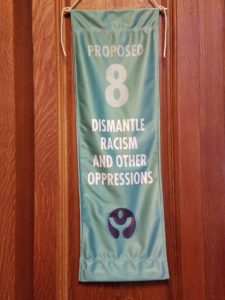
At a time when the world seems to be crumbling, relying on a set of seven guiding principles helps to ground us. Yet there is a little-known 8th principle being proposed in Unitarian Congregations. Join us this morning for an uplifting journey through our principles and bonus principle and how they can support us during this challenging time.
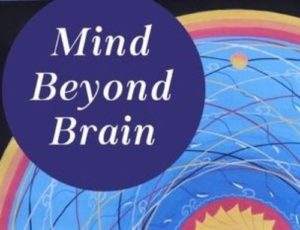
We all have an underlying world view which we seldom question. The prevailing assumption of science is that matter/energy is the fundamental ‘stuff’ of the universe and consciousness is an emergent property of brain. This view is incompatible with most religions as it precludes any sort of transcendent reality, paranormal phenomena or afterlife. Given the damage done to the world by unquestioning belief, be it in religion, conspiracy theories or alternative facts, scientists tend to view any challenge to their reductionist assumptions with alarm. But those assumptions are being challenged from within science and a paradigm shift is brewing which could result in a greatly expanded world view. This in no way challenges the scientific approach, but does suggest that reality is much greater than the human mind can measure or comprehend.

Studies that have looked at the relationship between religious belief and well-being have frequently found that committed Christians, in particular, tended to be happier and even to live longer. This homily will look at this finding in more detail, including considering the well-being of Atheists.
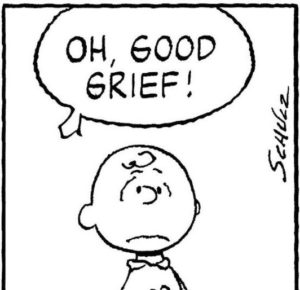
The pandemic has revealed many harsh realities about our society.
Just as Spring was finally kicking in and a few aspects of life were beginning to return to normal, or at least our weird “new normal,” the murder of George Floyd rocked the world.
The recent waves of protests against racial injustice have reminded us, yet again, of the staggering disparities that so negatively impact the lives of those who are Black, Brown, or Indigenous. It’s become obvious in ways we can no longer deny that the “old normal” failed to serve so many, failed to serve Life. Some have taken it as a wake-up call or a Great Awakening,
The defining question of this larger moment is whether this time will be different. We must resist the temptation to sleepwalk through history and we should “never let a crisis go to waste”. We now have three, that are deeply intertwined, and which, in unprecedented ways, open up a world of possibilities. This confluence of opportunity may not come our way again.
The pandemic, the economic/environment crisis, and the protests against racism are providing us with an opening to set out in another direction.
Today, Jan Greenwood will read a sermon by Rev. Shawn Newton, June 14, First Unitarian Congregation of Toronto.
Jan is a long time member of Unitarian-Universalist congregations in B.C. A lifetime of advocacy with numerous social justice issues has given her days significance.
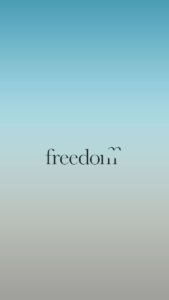
Everyone has a story. Our personal narrative impacts every aspect of our lives and creates our future. During this service, Kressa Sisu and Oliver Belisle will explore the concept of our personal story, ask whether it is working for us or not, and consider the possibility of changing it for our betterment.
Kressa Sisu is a certified Nutritionist who has worked in health and wellness for 10 years. Having triumphed over a serious illness, she loves sharing how to live optimally and nurture our mind, body and spirit as we age. Whether during her 20 year career as a Social Worker or in her current work helping seniors declutter and downsize, her mission has always been to advocate for the well-being of others and to find ways to make life easier for the people in her life.
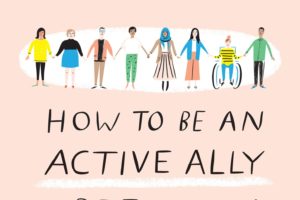
Whatever our own array of identities, how might we be good allies to those with marginalized identities that are different from our own? In particular, how might we act as a bridge of learning for others? Do we stand up against Uncle Joe when he says something unwittingly offensive (e.g., sexist/ racist/ homophobic) at the family reunion? When do we ‘call people out,’ when do we educate with gentle compassion? How do we do so without being patronizing? How do we handle our own inter-cultural errors with integrity?
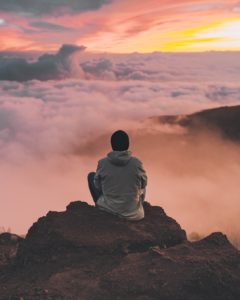
How can so much change be so…Boring? And why am I so tired even though I hardly leave my house? How do we figure out how to live in the world right now? Join us for an exploration of grief, change and letting go.
If you’d like the zoom link please contact our Administrator Amanda at tarling@shaw.ca
Copyright © 2024 :
Capital Unitarian Universalist Congregation
WordPress Theme : Faith and Web

